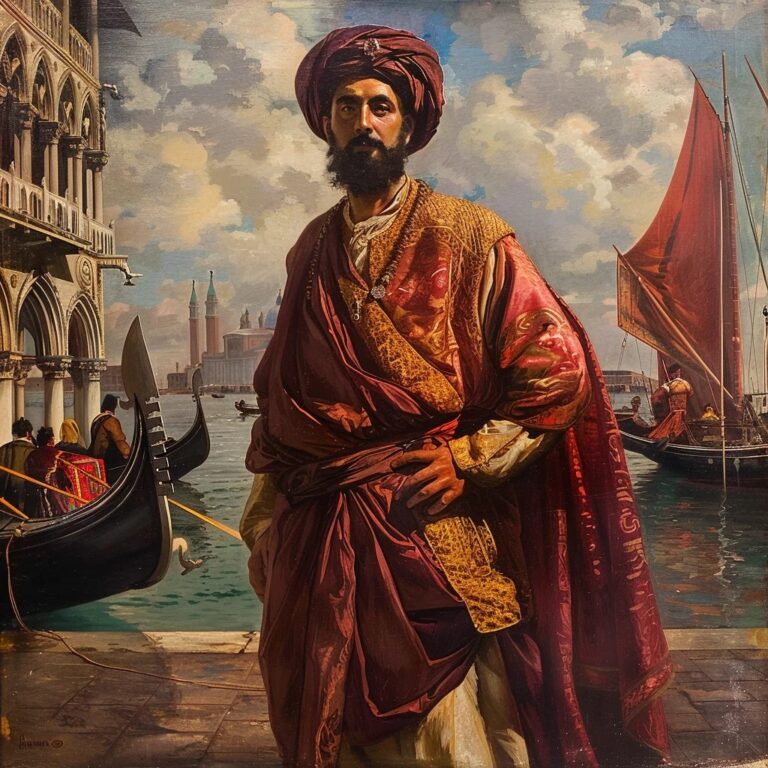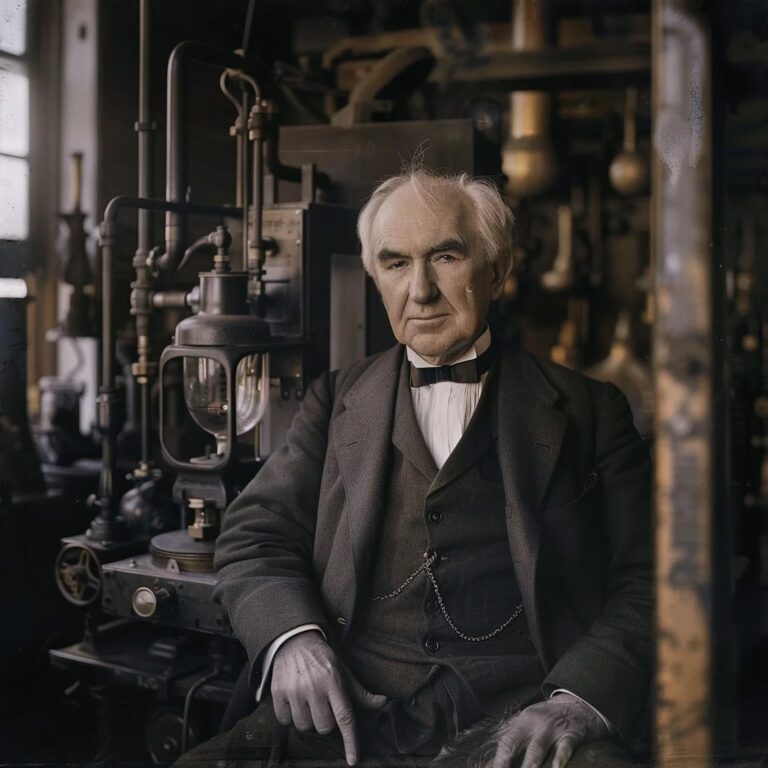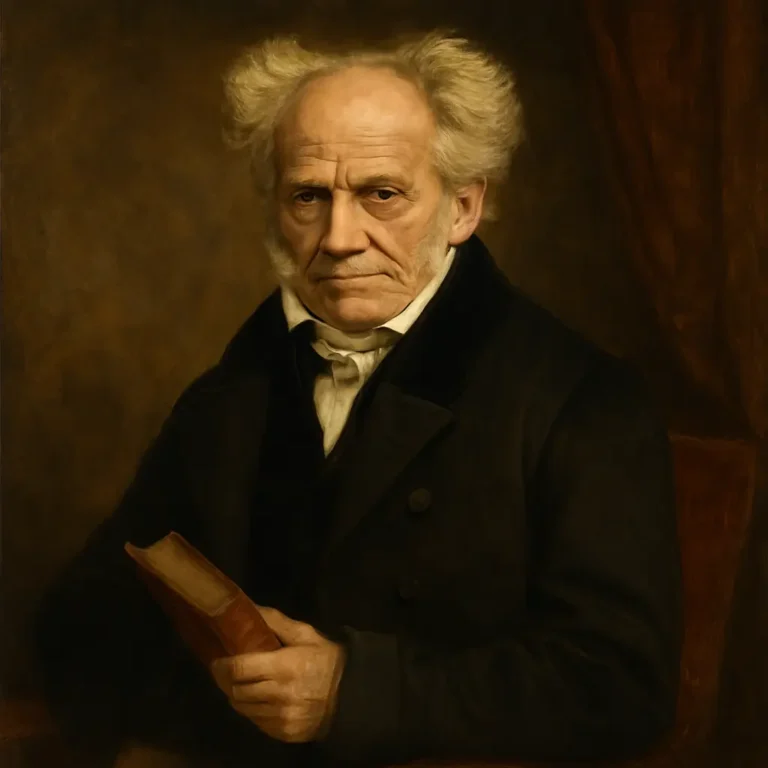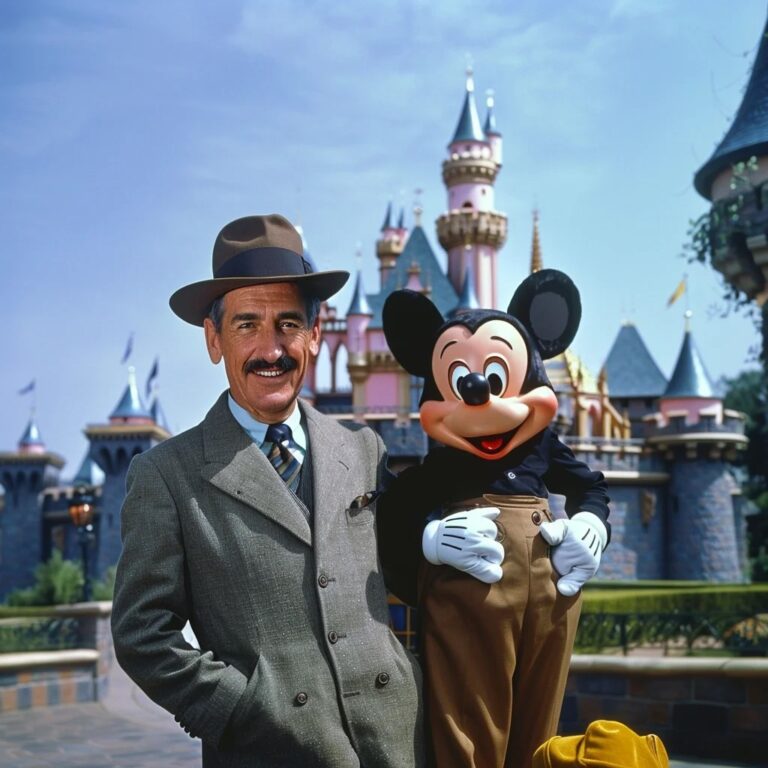He began his journey to Asia with his father and uncle at the age of 17.
He traveled along the Silk Road, reaching China and meeting Kublai Khan.
He served in Kublai Khan's court for 17 years.
Marco Polo's travels are documented in his book 'The Travels of Marco Polo.' It is also known as "Il Milione" in Italian.
His book inspired many future explorers, including Christopher Columbus.
He described many Asian cultures, cities, and customs that were unknown to Europeans.
He introduced the concept of paper money to Europe, which he saw being used in China.
Marco Polo traveled for approximately 24 years. His journey began in 1271, when he left Venice with his father and uncle, and he returned home in 1295.
He was captured during a war between Venice and Genoa and wrote his book while in prison.
Some scholars debate the accuracy of his accounts, but his impact on exploration is undisputed.
Marco Polo's descriptions of the wealth and grandeur of the East sparked European interest in exploration.
He passed away in 1324, leaving behind a legacy as one of the greatest explorers in history.
Marco Polo's journeys helped to bridge the gap between the East and the West.



